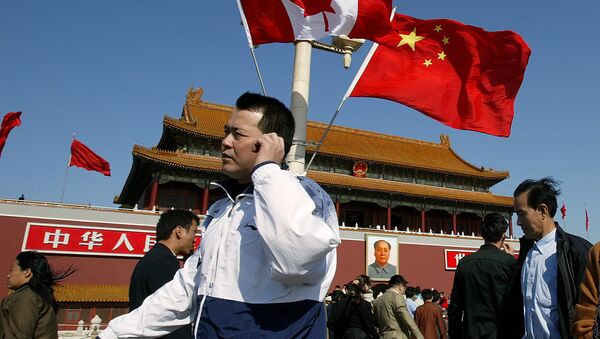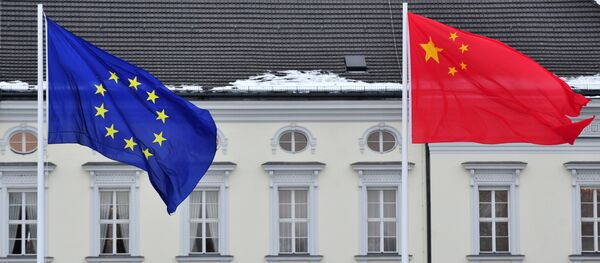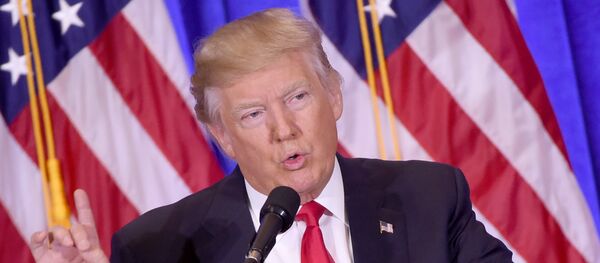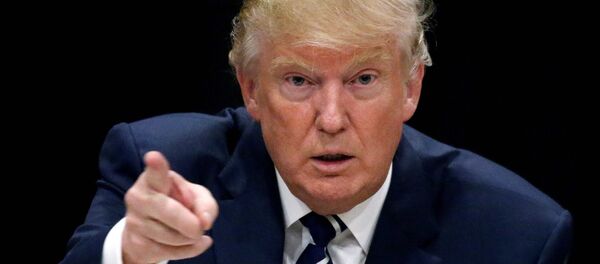Kristian Rouz — After Canada joined the mainland China-led Asian Infrastructure Investment Bank (AIIB) on Thursday, the Chinese government in Beijing stated they require unlimited access to the Canadian economy, including the strategically-important sectors. Chinese government-controlled enterprises also seek to import their own workers into Canada to work on their projects in the North American nation.
The Chinese ambassador to Canada, Lu Shaye, said that Beijing is seeking mergers and acquisitions of Canadian companies, having also warned that human rights rhetoric should not become a "bargaining chip" in the process of Chinese expansion into the Canadian economy.
"Investment is investment. We should not take too many political considerations into the investment," Lu said. "Just like the negotiations of the [Canada-US] free trade agreement, we should not let political factors into this process. Otherwise, it would be very difficult."
The next round of negotiations between Canada and mainland China is set for April, after both sides reached a preliminary agreement earlier this year. On the Canadian side, the increased activity of the Chinese companies is seen as beneficial to the job market situation and overall economic growth.
"[Canadian Prime Minister Justin Trudeau] is very clear that we want to pursue stronger ties with China. We think that in the medium term this will lead to more Canadian jobs," Canada's ambassador to mainland China John McCallum said.
However, Beijing's intent to import their own workers to work the jobs they create in Canada was somewhat overlooked in the Canadian ambassador's assessment of the proposed deal.
The concern surrounding the import of Chinese workers into Canada is another issue. For example, China's trade deal with Australia, concluded in 2015, provides that the Chinese companies can transfer their own employees into the island nation to work projects worth A$150mln and above. Albeit a regular practice for Chinese companies, this hardly benefits the destination country's labour market to any substantial extent.
"It's not as if [the Chinese] would be asking something of Canada that they don't expect from other countries," Charles Burton of Brock University said.
Expanding its business activity into Canada, mainland China is mostly interested in the North American energy, and oil, in particular. With the Trump administration's recent approval of the Keystone XL pipeline, a lot of Canada's oil will flow to the refineries in Louisiana, but in order to become a sustainable energy exporter on a global scale, Canada needs a pipeline of its own. Such a required pipeline would bring the oil from the oil sands in Alberta to the Pacific coast, allowing crude to be exported by sea.
Mainland China is eagerly interested in such a project, particularly so, if it is carried out by Chinese companies and Chinese workers.
Environmentalist concerns are deemed most important to Canadians, as the AIIB is likely to provide funding to projects with lower standards of environment protection and work safety. Canadians tend to favour trade deals with advanced economies such as the European Union, Japan, and Australia.






